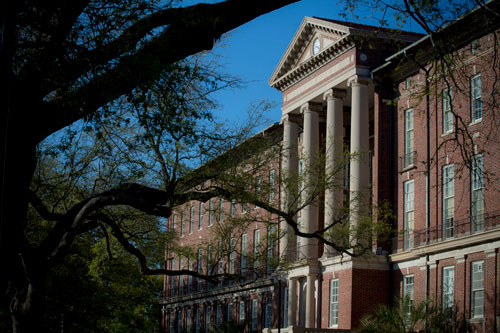Professor Alan Barreca and his co-authors Olivier Deschenes of University of California-Santa Barbara and Melanie Guldi of University of Central Florida have found evidence that temperature shocks in the United States have had significant impacts on U.S. birth rates between 1931 and 2010.
In their paper “Maybe Next Month? Temperature Shocks, Climate Change, and Dynamic Adjustments in Birth Rates,” Barreca and his co-authors use historical vital statistics and other sources to look at the number of babies born about nine months after “hot” days, which they define as above 80 degrees. Their results indicate that, for every day that went above 80 degrees, there were 0.4% fewer births 9 months later, which implies that a single hot day led to about 1165 fewer babies born across the U.S. By the end of the 21st century, this could mean about 100,000 fewer births in the U.S. every year, based on current projections that the number of hot days will increase from 30 to 90 days per year.
The researchers also examine whether fertility ramps back up when temperatures cool down. They find little recovery in birth rates. Based on their analysis of historical changes in the temperature-fertility relationship, they conclude that air conditioning could be used to substantially offset the fertility costs of climate change.
This research has been cited by CNN, Mashable, The Independent, CityLab, and Reuters, among several other news outlets.

